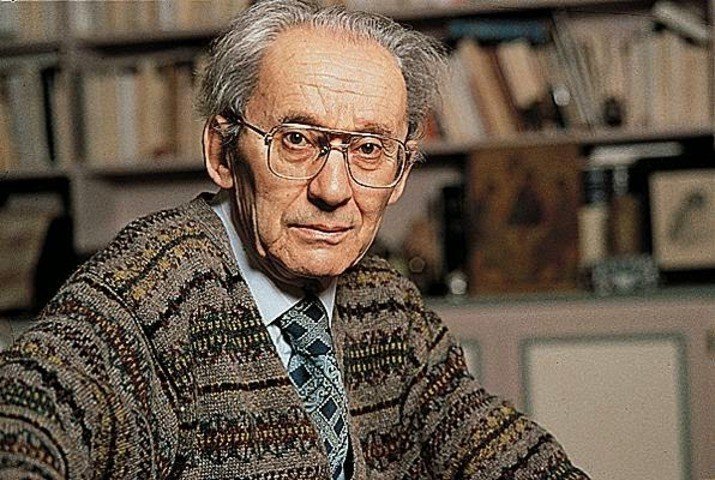Date of Birth: February 27, 1913
Zodiac Sign: Pisces
Date of Death: May 20, 2005
Biography
Paul Ricoeur was a renowned French philosopher best known for his work in phenomenology, hermeneutics, and existentialism. Born on February 27, 1913, in Valence, Drôme, France, Ricoeur experienced a tragic childhood with the loss of both his parents at a young age. He was subsequently raised by his paternal grandparents. Ricoeur pursued his higher education at the University of Rennes and later the Sorbonne, where he earned his doctorate in philosophy. His academic career was interrupted by World War II, during which he was captured and spent five years as a prisoner of war in Germany. After the war, he returned to academia, holding positions at several prestigious institutions including the University of Strasbourg, the University of Paris, and the University of Chicago. Ricoeur’s extensive body of work includes influential texts such as “Fallible Man,” “The Symbolism of Evil,” and “Time and Narrative.” His philosophical inquiries often revolved around themes of human experience, narrative identity, and the interpretation of texts. Ricoeur’s contributions to philosophy earned him numerous accolades and honorary degrees throughout his career. He passed away on May 20, 2005, in Châtenay-Malabry, France, leaving behind a legacy of profound intellectual contributions.
5 Interesting Facts about Paul Ricoeur
1. Paul Ricoeur was awarded the Balzan Prize for Philosophy in 1999.
2. He was a major influence on narrative theory in the humanities, particularly through his work “Time and Narrative.”
3. Ricoeur served as a professor at the University of Chicago Divinity School from 1970 to 1985.
4. He was deeply influenced by the existentialist philosophy of Gabriel Marcel and the phenomenology of Edmund Husserl.
5. Despite his profound philosophical work, Ricoeur was known for his humility and modest lifestyle.
5 Most Interesting Quotes from Paul Ricoeur
1. “The symbol gives rise to thought.”
2. “To be human is to be capable of inhabiting several worlds of meaning at once.”
3. “Narrative identity takes part in the story’s movement, in the dialectic between order and disorder.”
4. “Memory is the present representation of an absent thing.”
5. “We are not authors of our own lives, but co-authors.”
Highest Net Worth Achieved
There is no publicly available information on Paul Ricoeur’s net worth, as he was not known for accumulating wealth but rather for his academic contributions.
Children
Paul Ricoeur had five children with his wife Simone Lejas, whom he married in 1935. Their names and further details about their lives are generally kept private.
Relevant Links
1. [Paul Ricoeur on Stanford Encyclopedia of Philosophy](https://plato.stanford.edu/entries/ricoeur/
2. [Paul Ricoeur on Britannica](https://www.britannica.com/biography/Paul-Ricoeur
3. [Paul Ricoeur’s Balzan Prize](https://www.balzan.org/en/prizewinners/paul-ricoeur
4. [Paul Ricoeur on Internet Encyclopedia of Philosophy](https://iep.utm.edu/ricoeur/


